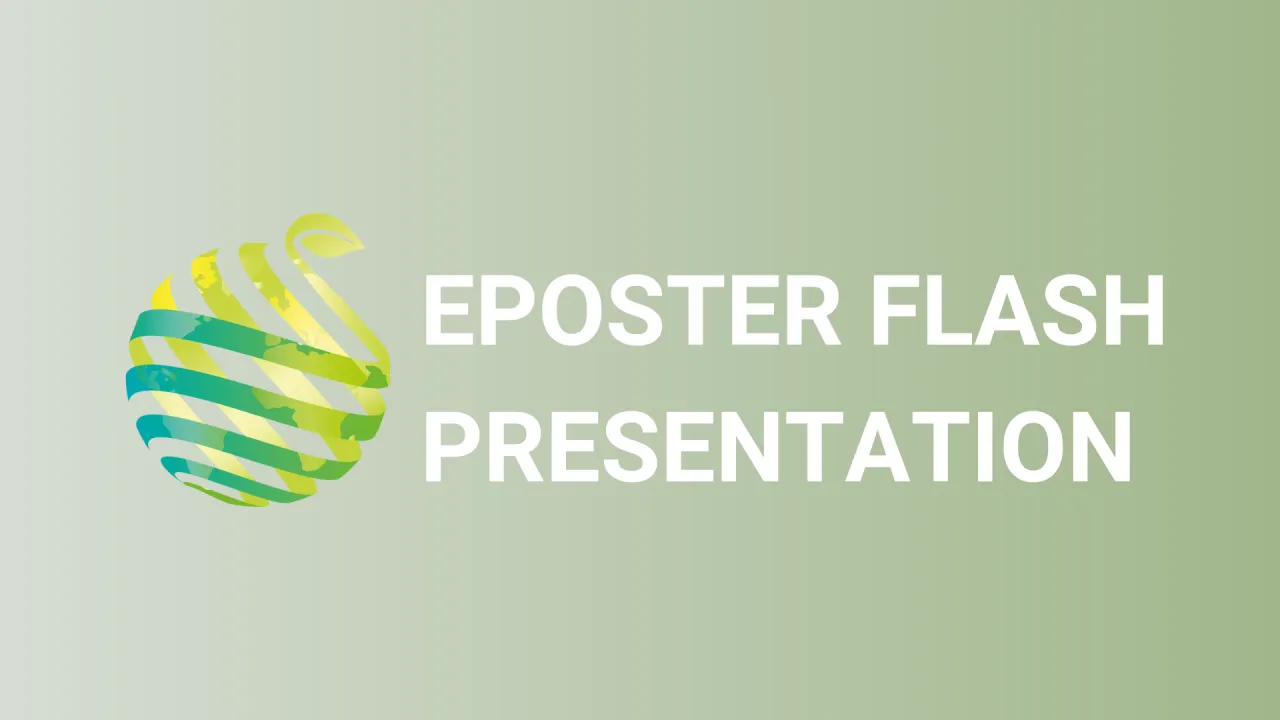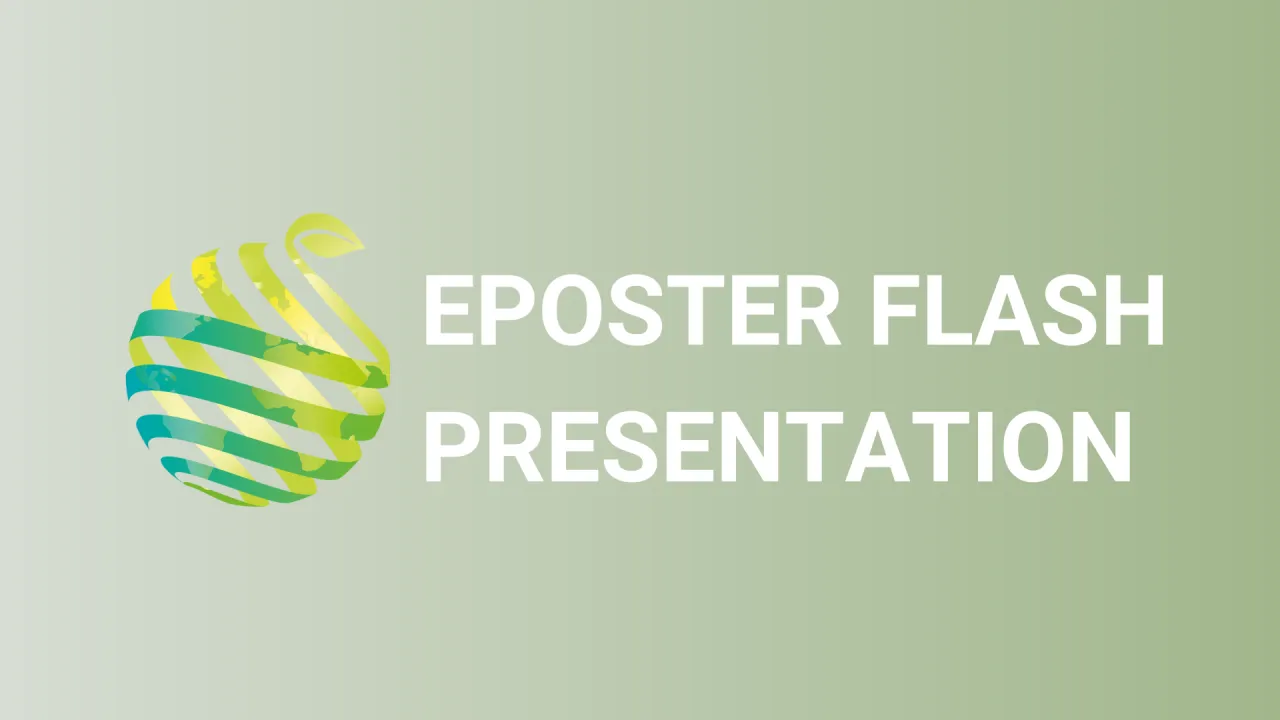

S14 - Session P4 - Drying leaves suppresses cucurbit downy mildew caused by Pseudoperonospora cubensis
Information
Authors: Nonoka Nagahama *, Toshiyuki Usami
Pseudoperonospora cubensis causes downy mildew and serious yield loss in more than 40 cucurbitaceous plant species worldwide. It enters through the stoma and produces lesions on the leaves. Sporangia formed on the lesions are a major cause of disease transmission. Leaf wetness is required for germination of sporangia and encysted zoospores, and host plant infection. The necessary wetness duration for infection at different temperatures was elucidated in a previous study we conducted. In this study, we investigated how to suppress the disease by drying the leaves, thus interrupting the infectious behavior of the pathogen. The cucumber plants were inoculated at 15 and 20°C by spraying a sporangial suspension and were then kept wet for 1, 2, and 3 hours. Subsequently, the leaves were dried and maintained that way for 1 hour. They were then re-wetted and kept wet for 24 hours. As a control treatment, inoculated cucumber plants were kept wet for 24 hours. The number of lesions on the leaves was counted 7 days after inoculation. At 15°C, the number of lesions in all drying treatments was very few and significantly less than that of the control treatment. At 25°C, very few lesions were observed when wetness duration before drying was of 1 and 2 hours. Lesion number increased at 3 hours of wetness duration, but it was less than that of the control treatment. These results indicate that the pathogen is inactivated by drying within a certain period, even after the infection process has begun. Drying the leaves appears to suppress the disease when the risk of pathogen infection is high. This research was supported by grants from the Project of the NARO Bio-oriented Technology Research Advancement Institution in Japan (Research program on development of innovative technology).